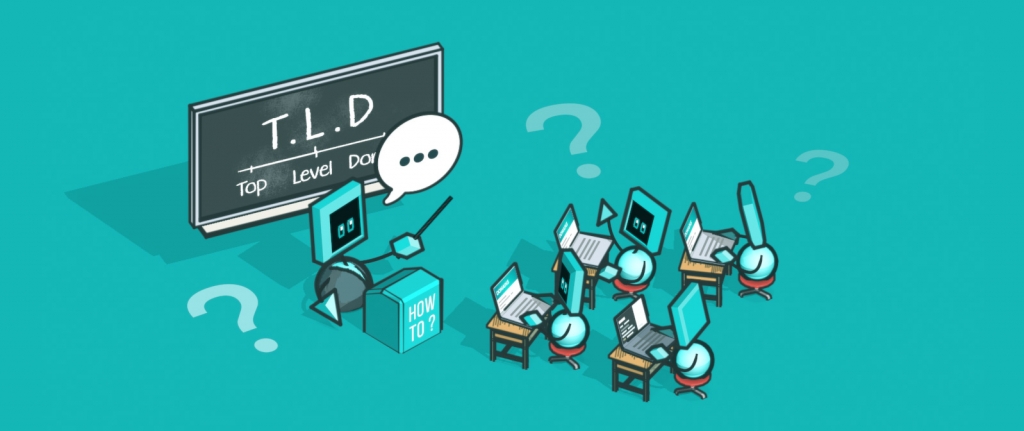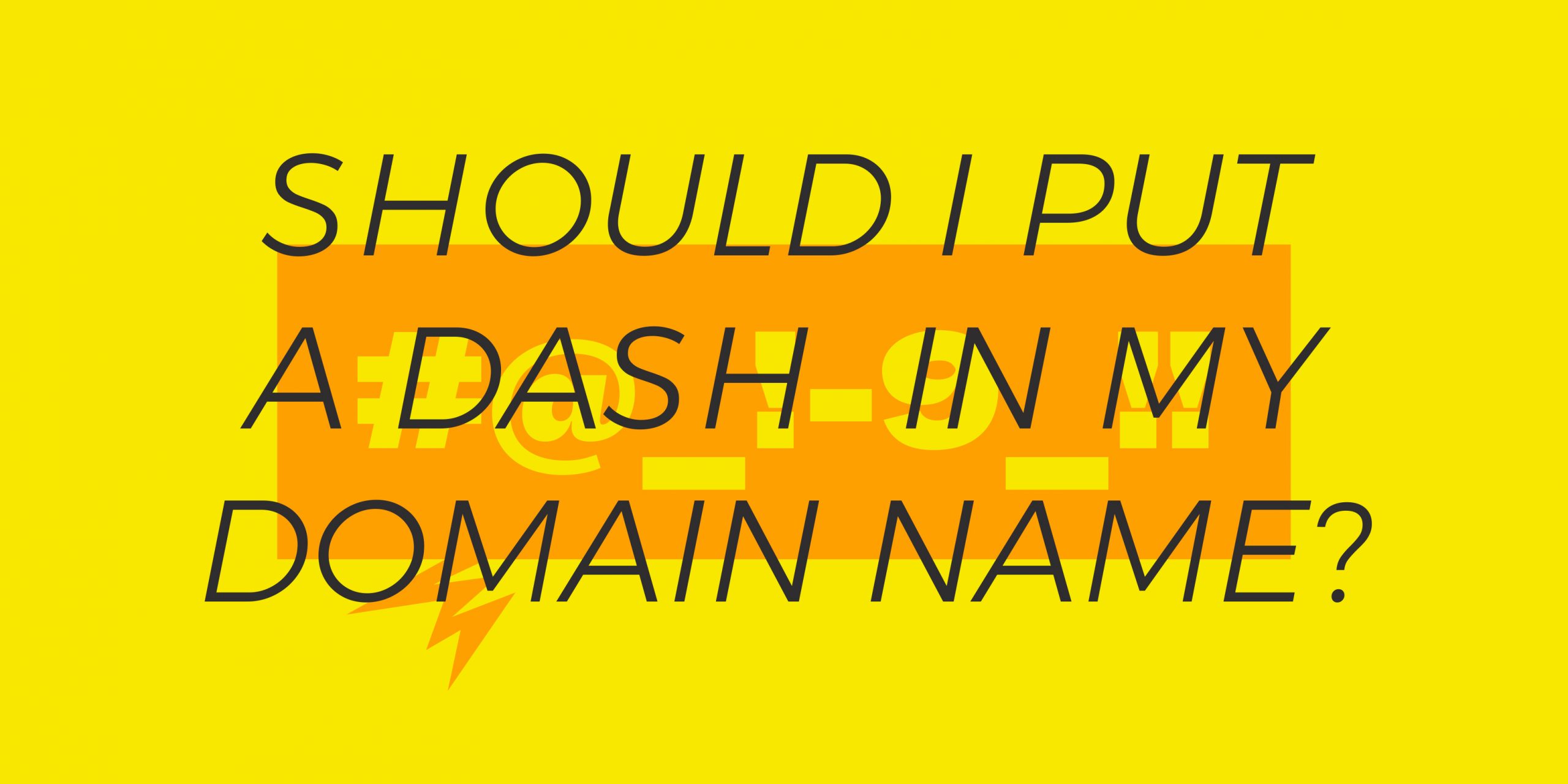Free email service providers, whether attached to a particular ISP or more general free mailbox providers are great. The fact that it’s now so easy to get an email address has made email one of the most reliable ways to contact someone or be contacted.
With your own domain, though, you can create email addresses with credibility.
Whether you put it on business cards, billboards, resumes, or social media, it’s not just for appearances that an email address can be more credible.
Serious, professional email
Any scammer can easily set up an email address with a free email provider. If you use that kind of service, people running into your brand for the first time might not think you’re a legitimate business or will at least think you’re untrustworthy. Big brands and large organizations all have their own domain names and have all their email @theirdomain.tld, so doing the same helps you look like a serious online entity.
When you use your own domain for your email address, you don’t have to worry about your name being “taken” already. To have a serious, professional email address, it’s best to go with one of several variations of your name, like firstname@domain.tld or firstnamelastname@domain.tld. You could even create your email to fit the purpose of the address, for example contact@domain.tld or sales@domain.tld. Just avoid using a nicknames (like surferdude420@domain.tld).
Reliability across providers
One of the advantages of using your own domain for email is that if you have to leave your email service provider for whatever reason, you can maintain continuity of email without having to set up forwarding on your old, free email address. You can just point your domain to the new email service.
Pointing your domain to an email service involves updating your DNS zone file, specifically your MX records, which tell email servers where to deliver your domain’s email. You’ll need to check with your email provider for help connecting your domain to their email service.
Free email services like AOL or Gmail mean that if you want to switch services, you need to have a new email address, whereas using services like Zoho, GoogleApps, and Office 365, you can switch the email service but keep your email address.
Own your data
Another of of the advantages of using your own domain for email instead of a free service is that the data can belong entirely to you. Free services are never really free and large companies often analyze data and behaviors of their users to better serve ads or for product improvement. But not even the companies involved can 100% control what happens with the data they are hosting, and a hack of a major email provider might mean your data are compromised despite all efforts to protect them.
There are many options for email services you can link your domain to like Zoho, GoogleApps, and Office 365 but when you use your own domain for email, you aren’t tied to any particular email service provider, and you can even host your own email server for the highest level of security.
Having a mailbox with your registrar allows you to control your own data while having the convenience of not needing to modify your DNS to connect your email to your domain. Many registrars, Gandi included, offer a number of email mailboxes free with the registration of your domain name, offering you ownership over your data at a lower cost than going elsewhere.
Flexibility to create a mailbox or a redirection
Using your domain for your email also helps you set up new mailboxes or redirections easily. If you need a forwarding address for a special promotion, for example, you can set it up easily. You own the right to create every possible email address @yourdomain.tld. That means you can provide email addresses for employees, temporary or permanent, special events, or whatever you need.
There are practical advantages to using your own domain name for email, like the flexibility to add new mailboxes or redirections as you need them, reliability if you change email providers, and the option to own your own data. But creating serious, professional email addresses for whatever your online activity really comes down to one thing–fostering trust. Having a serious, professional email address helps build trust, and in this anonymous, online age, trust can be hard to come by.
A key consideration in choosing how you are going to use your domain’s email and what kind of services to use, is thinking about whether you are going to use the email accounts strictly for direct, personal and professional communication, or if you plan to also send out marketing, fundraising, newsletters, and other mass emails. But that’s a topic we’ll cover in a future installment.
Stay tuned for future entries in our Domain name guide series!
Tagged in Domain GuideDomain names




